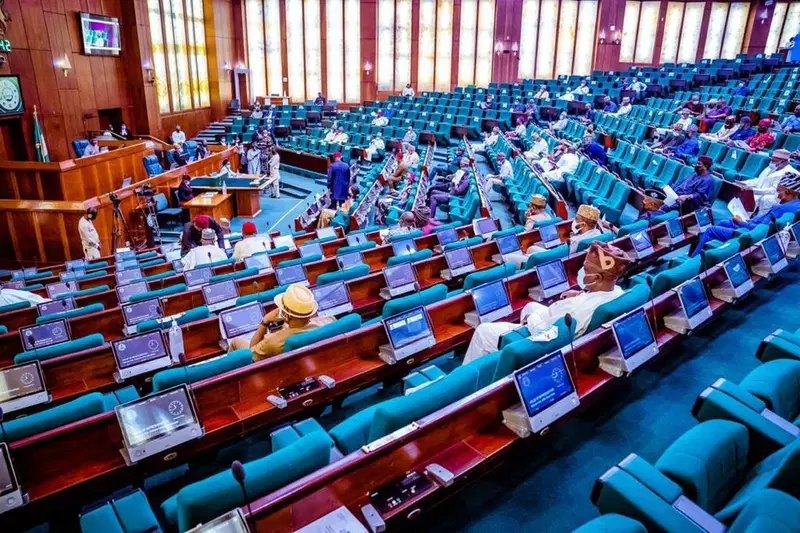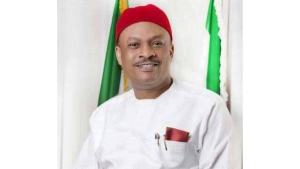
The House of Representatives in Nigeria has passed 39 constitutional amendment bills through second reading, including those seeking the establishment of state and local government police, special legislative seats for Persons With Disabilities (PWDs), and various electoral reforms.
The bills, sponsored by multiple lawmakers, were approved without debate and referred to the Committee on Review of the Constitution for further legislative action. Among the key proposals is a bill to alter the constitution and create state and local government police forces, sponsored by Rep. Francis Waive (APC-Delta) and Rep. Akintunde Rotimi (APC-Ekiti).
Other notable bills include one seeking six special legislative seats for special interest groups in the House of Representatives, another mandating gender equality in the Federal Character Commission, and a bill establishing a commission to regulate political parties. Additionally, a bill to strengthen judicial independence by improving the procedure for removing judicial officers was also passed.
In a related development, the House also advanced a bill to establish the National Local Government Electoral Commission (NLGECO), which will oversee elections for local government chairmen, vice chairmen, and councilors across the country. Sponsored by Deputy Speaker Hon. Benjamin Okezie Kalu and eight other lawmakers, the commission is expected to enhance transparency, credibility, and fairness in grassroots elections.
Under the proposed law, NLGECO will consist of a chairman and 37 members representing Nigeria’s 36 states and the Federal Capital Territory. The president will appoint the chairman on the recommendation of the National Council of States, subject to Senate confirmation. The commission will also be responsible for setting election timetables, managing voter registration, and monitoring political parties and campaign financing at the local government level.
The legislative push for state police and electoral reforms comes amid ongoing debates over decentralizing law enforcement and improving the credibility of Nigeria’s electoral process. The bills will undergo further scrutiny before potential passage into law.






